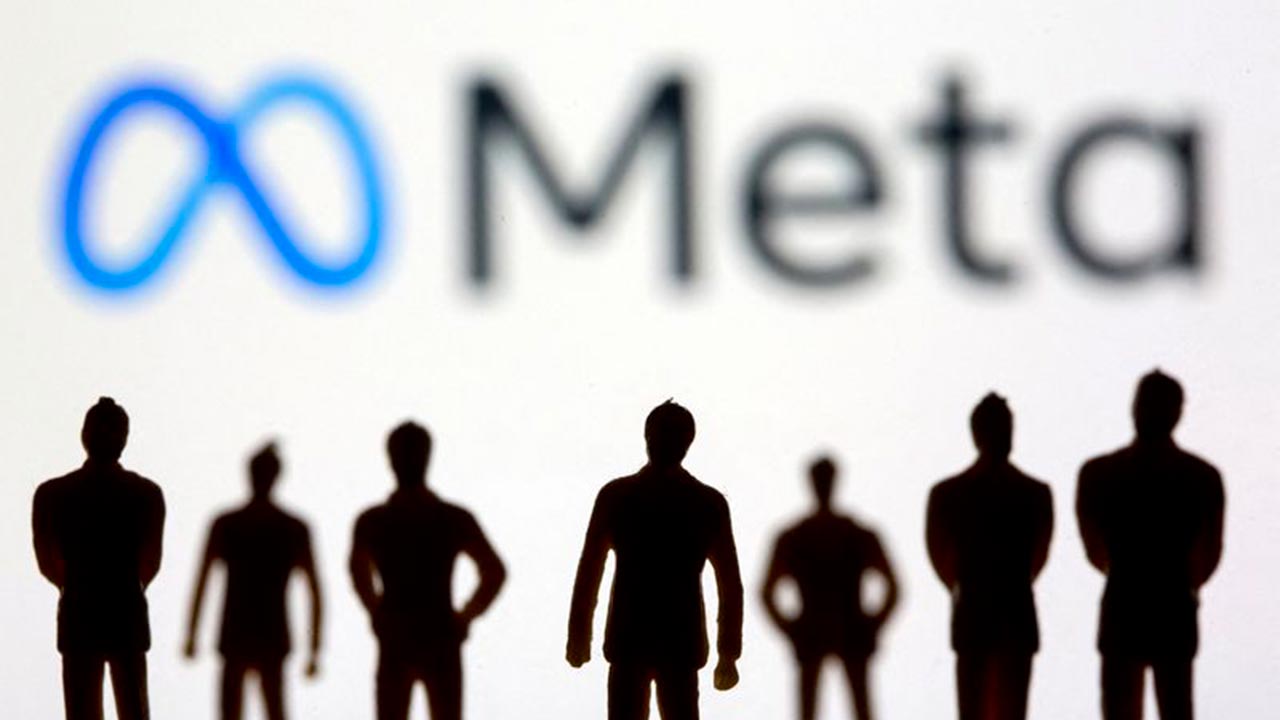Meta Platforms Inc. has invested heavily in the metaverse. However, this is a sector with a high growth potential and, as it is still in an early stage of development, it is not yet able to generate an adequate economic return and probably will not generate it for the times to come.
Also due to the losses on investments, both the lower revenues of the core business also linked to the general decline in the technology sector, Meta intends to reduce its workforce, as revealed by some employees.
Obviously there is great attention on the part of Meta in divesting the workforce, also to avoid any protests. According to reports, the company is laying off by simply modifying its performance target, setting it to 15% which would correspond to 12,000 employees.
Meta would lay off 12,000 employees among those who make less and plan a spending review in order to contain costs in view of an economic crisis that would seem not to be resolved in the short term
In fact according to the sources of GizChina, some executives would have proposed to the board to select among the staff, the 15% of employees who would make less by defining them as “personnel requiring support”, to then assign them in a series of PIP programs, or Performance Imprevement Plan, which should evaluate their efficiency at work. The same sources report that most of these employees would end up being fired by Meta.
In fact, Meta’s PIP system is typically used to evaluate employee performance at work, categorizing them based on their performance. Generally, those who did not reach the required levels of performance by the company did not risk being fired, but simply received additional training.
Now, those same people, negatively evaluated, would risk being fired.
We remember that Mark Zuckerberg, he would have told employees that the economy should stabilize, but also added that, “from what we have seen, it should not improve in the short term”.
Concluding his speech, he explained that the company will have to be conservative, meaning that it probably has to spend less and that workers will have to work more or the same, but for less money.

